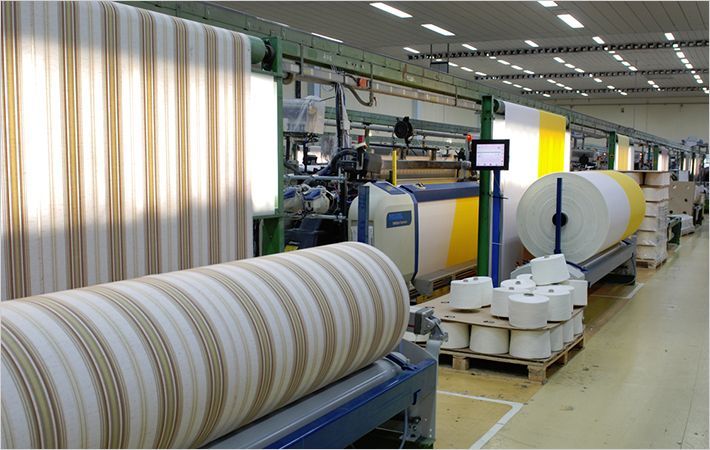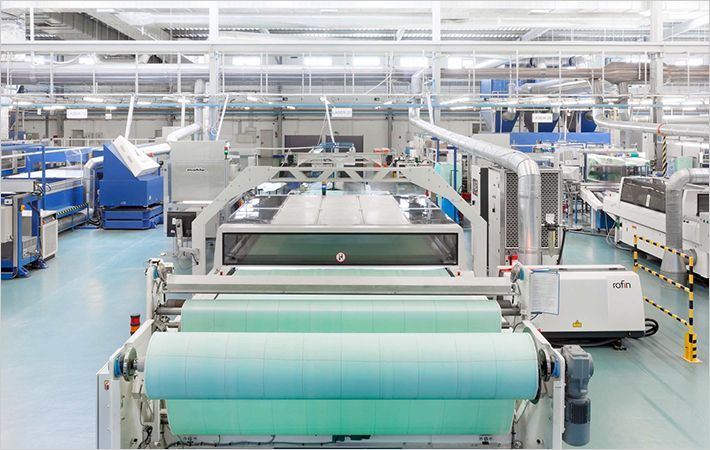Hospitals operate all day, every day, making their environmental footprint large, generating approximately 7,000 tons per day of infectious, hazardous and solid waste and consuming large amounts of energy and water. Industry involvement in and support of sustainability efforts is no longer a question of “why” or “when,” but “how.”
Hospitals operate all day, every day, making their environmental footprint large, generating approximately 7,000 tons per day of infectious, #
While the opportunities to go green are increasingly available, too many are tied to the issues of cost, adoption and quality of care. “A sustainability solution is not realistic if it doesn’t take into account the burgeoning issues of healthcare reform,” says Frank Czajka, president of Medline Industries, Inc.’s ReNewal reprocessing division. “It also requires ongoing staff education.”
Hospitals operate all day, every day, making their environmental footprint large, generating approximately 7,000 tons per day of infectious, #
As a leading medical supplier, Medline is committed to providing realistic sustainable measures with a strong ROI to healthcare systems. Through its uniquely structured Medline ReNewal reprocessing program, hospitals can “green” their ORs to help reduce waste by as much 5,000 to 15,000 pounds for a typical 200-bed facility.
Hospitals operate all day, every day, making their environmental footprint large, generating approximately 7,000 tons per day of infectious, #
In fact, Medline Renewal is on track to reprocess more than one million medical devices, including ultrasonic scalpels, shavers, blades and trocars, through contracts with more than 900 health facilities nationwide by year’s end. That alone is projected to divert nearly a half million pounds of medical device waste from landfills – the equivalent of five million empty plastic water bottles, and can save each facility on average between $600,000 and $1 million a year in surgical device acquisition costs, according to the Association of Medical Device Reprocessors.
Hospitals operate all day, every day, making their environmental footprint large, generating approximately 7,000 tons per day of infectious, #
On average, the cost of a reprocessed medical device is about half of what a new one would cost. Compression sleeves and other non-invasive devices offer savings of about 25-35 percent, as compared to purchasing a new device.
Hospitals operate all day, every day, making their environmental footprint large, generating approximately 7,000 tons per day of infectious, #
Success Factors
According to Czajka, reprocessing success lies in four main factors: providing high quality reprocessed products that meet the FDA’s regulatory requirements ensuring their safety and effectiveness; constant, system-wide education; ongoing reminders to staff to reprocess; and comprehensive program monitoring.
Hospitals operate all day, every day, making their environmental footprint large, generating approximately 7,000 tons per day of infectious, #
“We make it easy for our customers to reprocess because we treat it as a team effort. Our sales professionals and program managers work with the hospital program champions every step of the way,” said Czajka. “Our program not only drives participation, it helps expedite the reprocessing process, so we can return the devices to the hospitals in a timely manner.”

